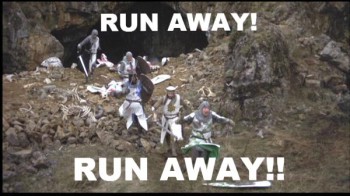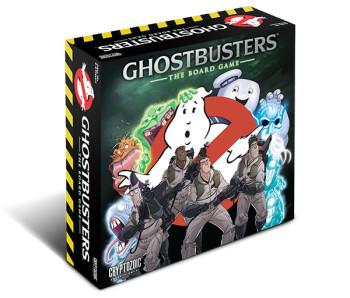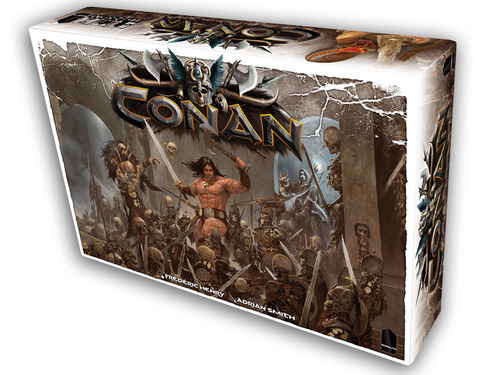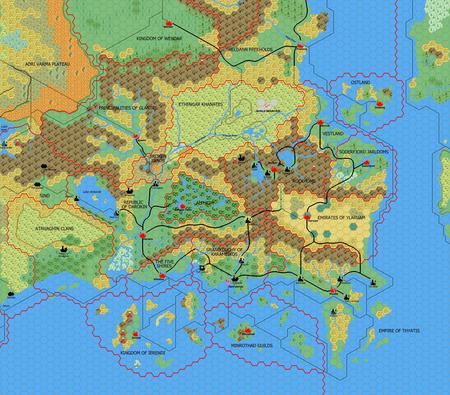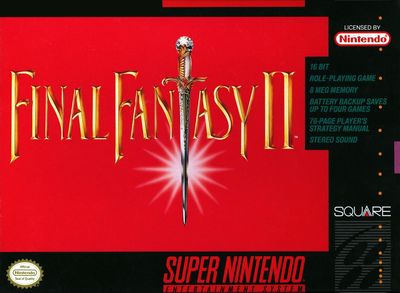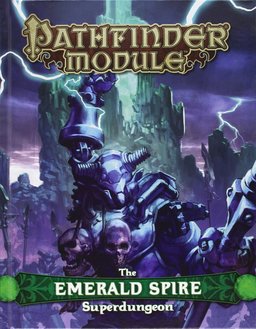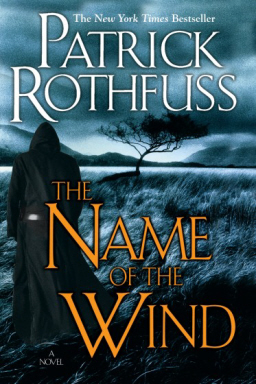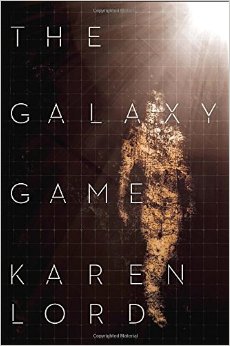Future Treasures: Temple of Elemental Evil Board Game
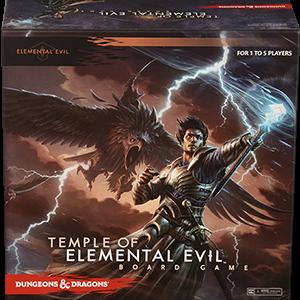 The Temple of Elemental Evil, written by Gary Gygax and Frank Metzner and published by TSR in 1985, is considered one of the greatest RPG adventures ever created. When Dungeon magazine ranked them in 2004, on the 30th anniversary of the Dungeons & Dragons game, The Temple of Elemental Evil was voted the 4th greatest D&D adventure of all time. In his 1991 history of role-playing games, Heroic Worlds, Lawrence Schick wrote “If you like huge classic dungeon crawls, this is probably the best of the lot.”
The Temple of Elemental Evil, written by Gary Gygax and Frank Metzner and published by TSR in 1985, is considered one of the greatest RPG adventures ever created. When Dungeon magazine ranked them in 2004, on the 30th anniversary of the Dungeons & Dragons game, The Temple of Elemental Evil was voted the 4th greatest D&D adventure of all time. In his 1991 history of role-playing games, Heroic Worlds, Lawrence Schick wrote “If you like huge classic dungeon crawls, this is probably the best of the lot.”
It has seen several incarnations since its original release, including a Fourth Edition re-release of the first chapter, The Village of Hommlet, and a popular computer game version, developed by Troika Games and published by Atari. It remains the only computer game ever released set in Greyhawk.
Now Wizards of the Coast is converting this grandaddy of all dungeons crawls into a board game, to be released in April of this year. Here’s the description from the WotC website:
In the Temple of Elemental Evil board game, you play as a heroic adventurer. With amazing abilities, spells and magic weapons, you must explore the dungeons beneath the Sword Coast where you will fight monsters, overcome hazards and find treasure. Are you ready for adventure?
The Temple of Elemental Evil board game features multiple scenarios, challenging quests and cooperative game play designed for 1-5 players. The contents can also be combined with other D&D Adventure System Cooperative play board games, including The Legend of Drizzt and Castle Ravenloft.
